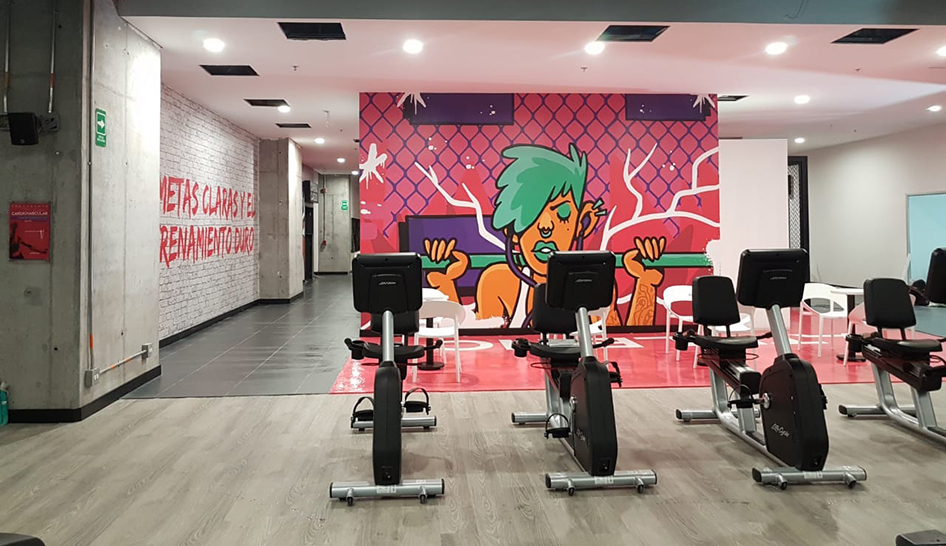Millions Go Virtual Across Latin America
Megatlon Group, a 52 location club company across Argentina pledged to compensate their members for each day of closure, by extending membership contracts by the equivalent number of days, which was “very well received,” according to Raúl Wainraich, commercial director. Megatlon offered exclusive digital services to members who frequently participated in their virtual classes including 45-minute personalized training sessions with bodybuilding instructors, and spin classes via private Zoom groups. They also offered a variety of free classes for the entire community via Instagram and YouTube, which increased their number of followers from 45,000 before the pandemic to more than 210,000 followers on Instagram and 80,000 views on YouTube.
Bodytech Group, with clubs in Colombia, Peru, and Chile left all membership plans frozen without any recurring charges during closures. They focused on encouraging their communities to maintain physical activity and healthy lifestyle habits through virtual group training sessions that drew more than 2,500,000 people in Colombia alone.
“We have strengthened our connection with them, always showing ourselves at their side to accompany them in this isolation,” says Gigliola Aycardi, executive vice president and co-founder. “We genuinely care about their health and that of their families. Our medical team called our members to follow up on their health. What we have done sincerely for them...I believe that it will make our affiliates stay with us. That is what we expect. And upon return we will have for them the safest environment we can provide so that they feel safe and confident to exercise at our facilities.”


